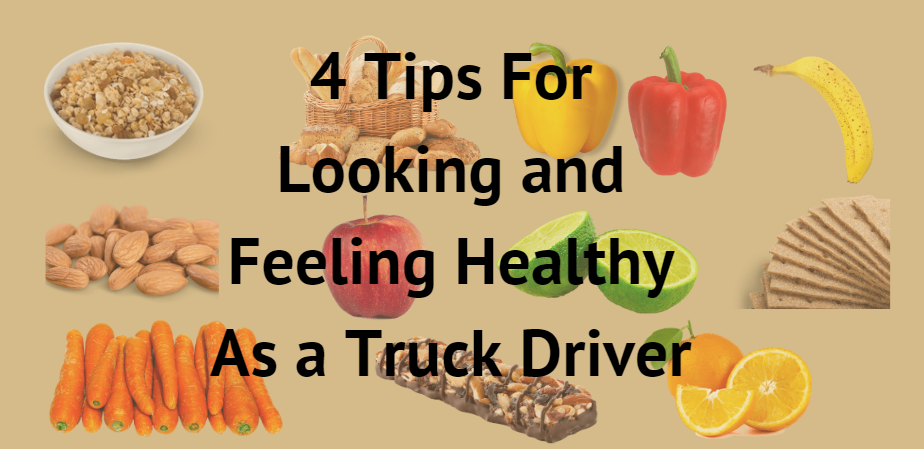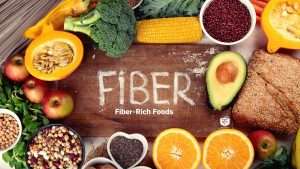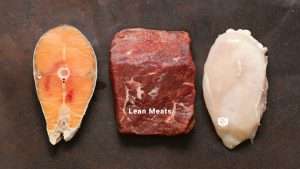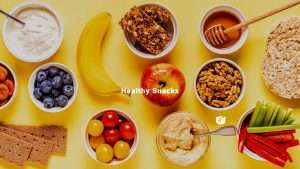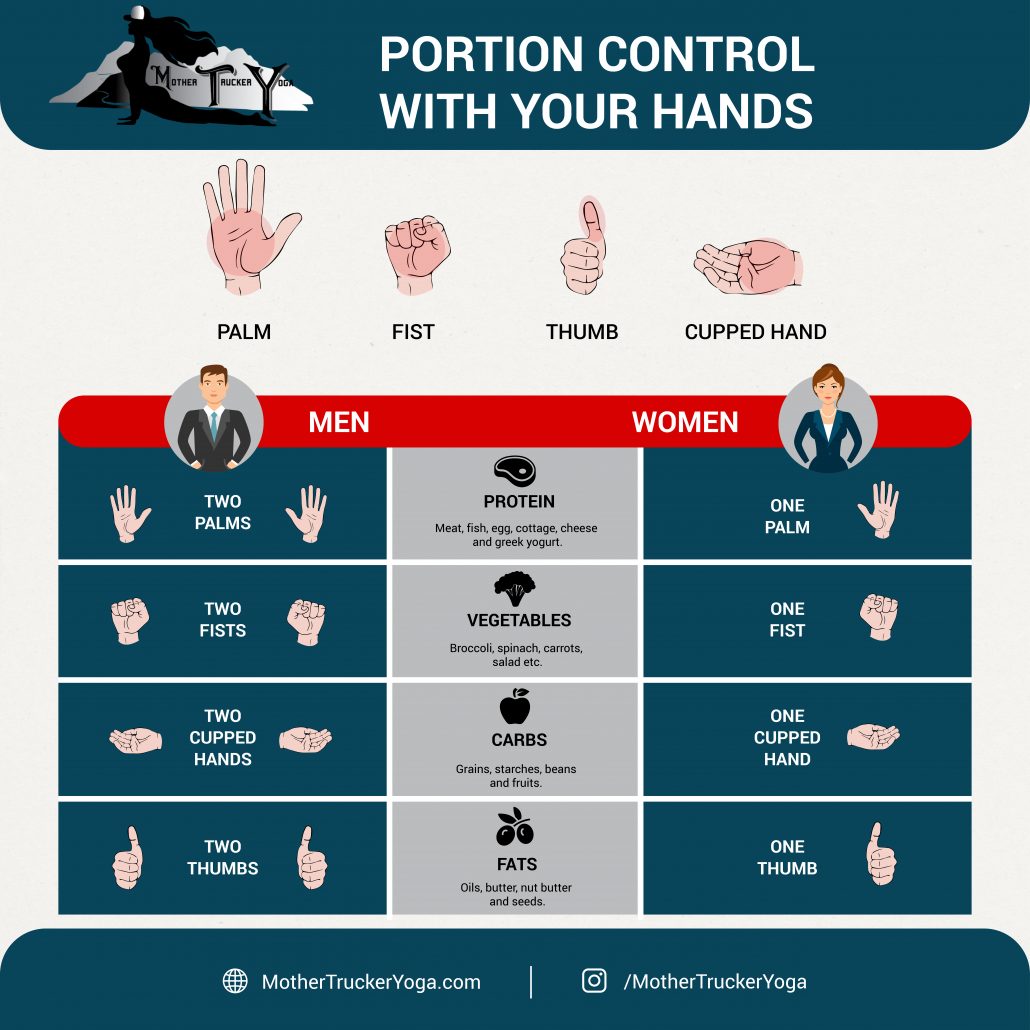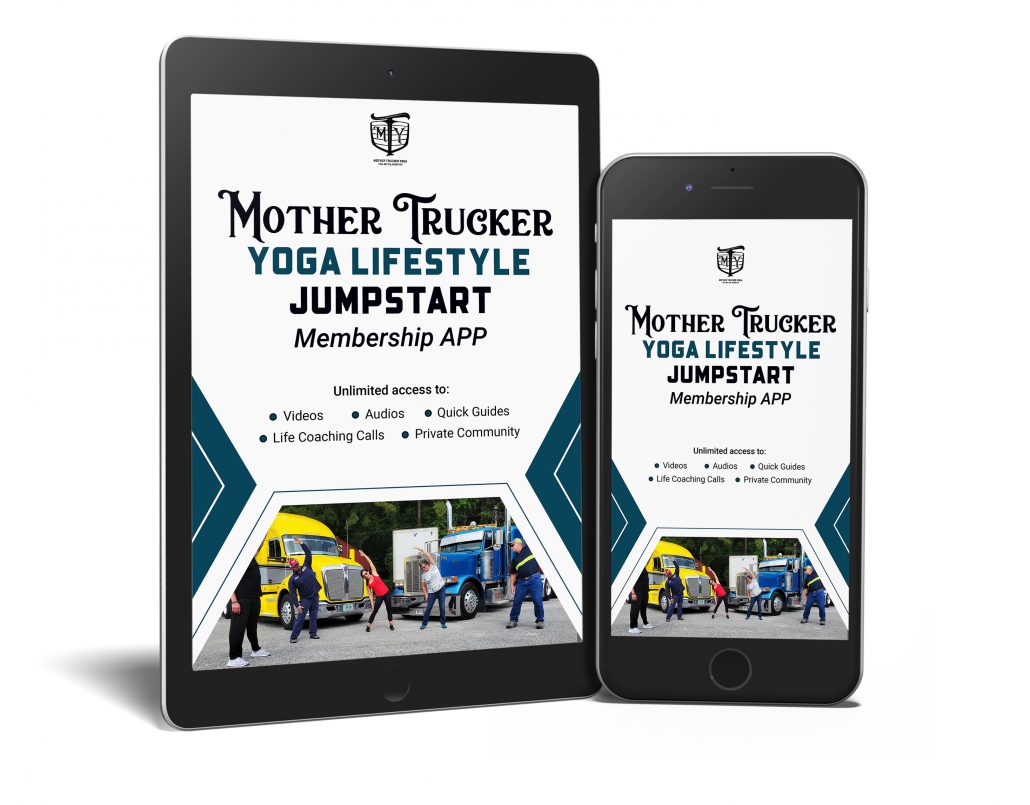The Health Benefits of Cinnamon: A Traveler’s Perfect Companion
The Health Benefits of Cinnamon and How to Travel with It
Cinnamon isn’t just a tasty spice—it’s also packed with health benefits that make it a perfect companion for truck drivers and travelers. Whether you’re looking to boost your metabolism, stabilize blood sugar, or add flavor without extra calories, cinnamon is easy to pack and use wherever your travels take you.
This blog will explore the health benefits of cinnamon, easy ways to incorporate it into meals, and potential precautions you should keep in mind.
1. The Health Benefits of Cinnamon
Cinnamon has been used for thousands of years for its medicinal properties. Research has revealed several key benefits that can help improve health, especially for people living an on-the-go lifestyle.
a) Regulates Blood Sugar
- Cinnamon can help lower blood sugar levels by improving insulin sensitivity.
- It slows the breakdown of carbs, which reduces blood sugar spikes after meals—a major benefit for truck drivers and travelers trying to manage energy levels.
b) Reduces Inflammation
- Chronic inflammation contributes to heart disease, arthritis, and other health problems. Cinnamon contains powerful antioxidants, such as polyphenols, which help reduce inflammation.
c) Supports Heart Health
- Studies show that cinnamon can help lower LDL (“bad”) cholesterol and triglycerides while increasing HDL (“good”) cholesterol, improving overall heart health.
d) Boosts Immunity
- The antimicrobial properties in cinnamon may help your body fight off infections—useful when traveling exposes you to various germs and environments.
e) Aids Digestion
- Cinnamon promotes healthy digestion by reducing bloating and gas, making it ideal for those dealing with travel-related stomach discomfort.
2. Why Cinnamon is Perfect for Travelers
One of the best things about cinnamon is how portable and versatile it is. You don’t need special storage or equipment to bring it along. Here’s why cinnamon works well for truckers and travelers:
- Lightweight & Compact: A small spice jar or travel-friendly packets of ground cinnamon can easily fit in your backpack, truck cab, or luggage.
- No Refrigeration Required: Cinnamon stays fresh for months at room temperature, making it ideal for long trips.
- Flavor without Calories: Add flavor to food and drinks without added sugar or unhealthy fats.
3. Simple Ways to Use Cinnamon on the Road
Cinnamon can enhance both savory and sweet foods. Here are some easy, travel-friendly ideas for incorporating cinnamon into your meals:
a) Add to Coffee or Tea
Sprinkle cinnamon into your coffee or tea for a flavorful twist. It’s a great alternative to sugary creamers.
b) Sprinkle on Oatmeal or Yogurt
Cinnamon pairs perfectly with oatmeal, yogurt, or fruit. Keep some instant oatmeal packets on hand for a quick breakfast.
c) Top Off Smoothies or Protein Shakes
Blend cinnamon into a smoothie or protein shake for added warmth and flavor.
d) Mix with Nuts and Trail Mix
Coat almonds or walnuts with a touch of cinnamon for a nutritious snack that’s easy to carry.
e) Use on Toast or Pancakes
If you’re eating toast, pancakes, or waffles, sprinkle cinnamon on top for a touch of sweetness without added sugar.
Tip: Keep a small shaker of cinnamon in your truck or travel bag for easy access to this healthy flavor booster.
4. Are There Any Cautions with Cinnamon?
While cinnamon has many health benefits, there are a few things to be mindful of:
a) Ceylon vs. Cassia Cinnamon
- Cassia cinnamon, the most common type found in grocery stores, contains higher levels of coumarin, which can be harmful if consumed in large quantities.
- Ceylon cinnamon, also known as “true cinnamon,” has lower levels of coumarin and is a better option for regular consumption.
b) Moderation is Key
- For most people, 1-2 teaspoons of cinnamon a day is safe. However, consuming large amounts of Cassia cinnamon regularly may affect liver health.
c) Medication Interactions
- Cinnamon can interact with blood-thinning medications and certain diabetes medications. If you are on medication, consult with your doctor before adding large amounts of cinnamon to your diet.
5. Quick Tips for Buying and Storing Cinnamon
- Choose Ceylon Cinnamon: Look for labels that specify “Ceylon” to ensure you’re getting the healthiest option.
- Store in an Airtight Container: Keep cinnamon in a sealed container to maintain freshness.
- Avoid Pre-Sweetened Products: Some cinnamon products contain added sugars—stick with pure ground cinnamon for the most health benefits.
Final Thoughts: Spice Up Your Health with Cinnamon
Cinnamon is a powerful, easy-to-use spice that fits perfectly into the lifestyle of truck drivers and travelers. From regulating blood sugar to boosting immunity, its health benefits are extensive. Plus, it’s lightweight, portable, and requires no special storage—making it a convenient companion for life on the road.
Whether you’re sprinkling it on oatmeal, stirring it into your coffee, or adding it to snacks, cinnamon is a simple way to enhance both the flavor and nutritional value of your meals. Just be mindful of which type you use and how much you consume to enjoy its benefits safely.
So next time you’re packing for a long haul or trip, throw a small container of cinnamon into your bag—you’ll be glad you did!


